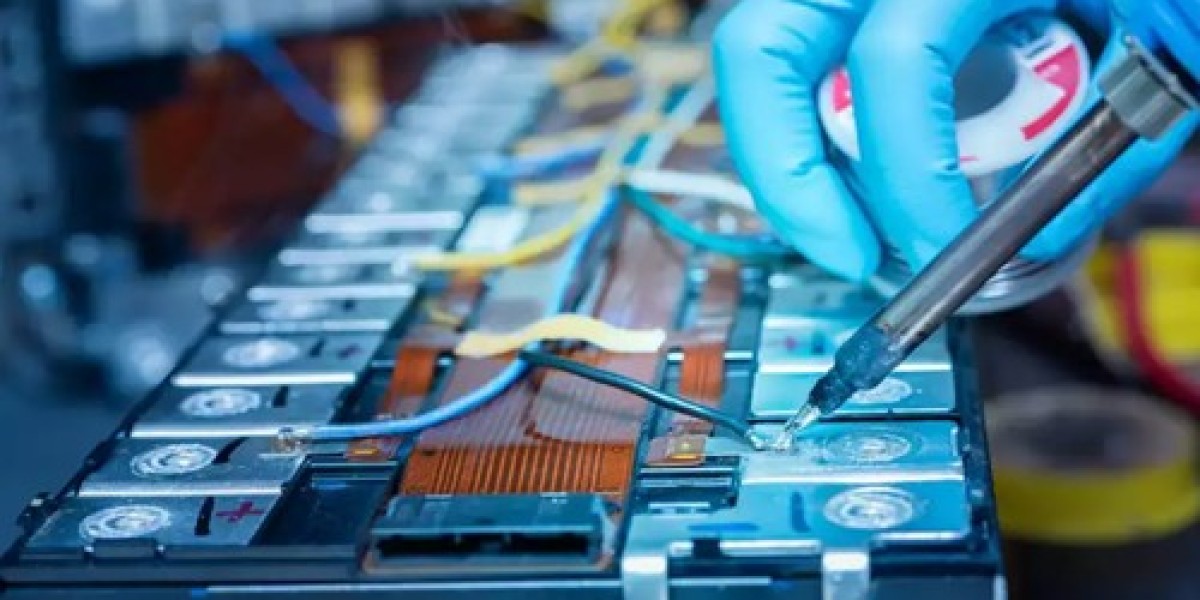Maintenance Strategies for Long-Term Performance
Long-term battery health relies on consistent care. Here’s a structured approach to preserving lithium battery performance:
Regulate Temperature Extremes
- Store and charge batteries at moderate temperatures (15–25°C/59–77°F).
- Avoid exposing them to direct sunlight, freezing conditions, or hot environments like car trunks.
- Use thermal insulation or cooling systems for industrial applications to stabilize temperatures.
- Implement Regular Health Checks
- Utilize built-in diagnostics (e.g., iOS Battery Health, Android Battery Care) to monitor capacity loss.
- Professional tools like Battery Analyzer can provide detailed insights into cell performance.
- Replace batteries when efficiency drops below 80% to avoid operational disruptions.
- Optimize Storage Charging
- For long-term storage (e.g., unused electronics), charge batteries to 50–60% to balance self-discharge and stress.
- Store in a cool, dry place and recharge every 6–12 months to prevent deep discharge.
- Label stored batteries with charging dates to track maintenance intervals.
- Prevent Physical Damage
- Inspect batteries for cracks, punctures, or swelling, which indicate internal damage.
- Avoid bending, crushing, or exposing batteries to liquids.
- Safely dispose of damaged batteries through certified recycling programs to prevent environmental hazards.
- Cycle Usage for Capacity Retention
- For rarely used devices, perform a full charge/discharge cycle every 3–6 months to maintain cell balance.
- Rotate battery usage in multi-battery systems (e.g., power tools) to distribute wear evenly.








